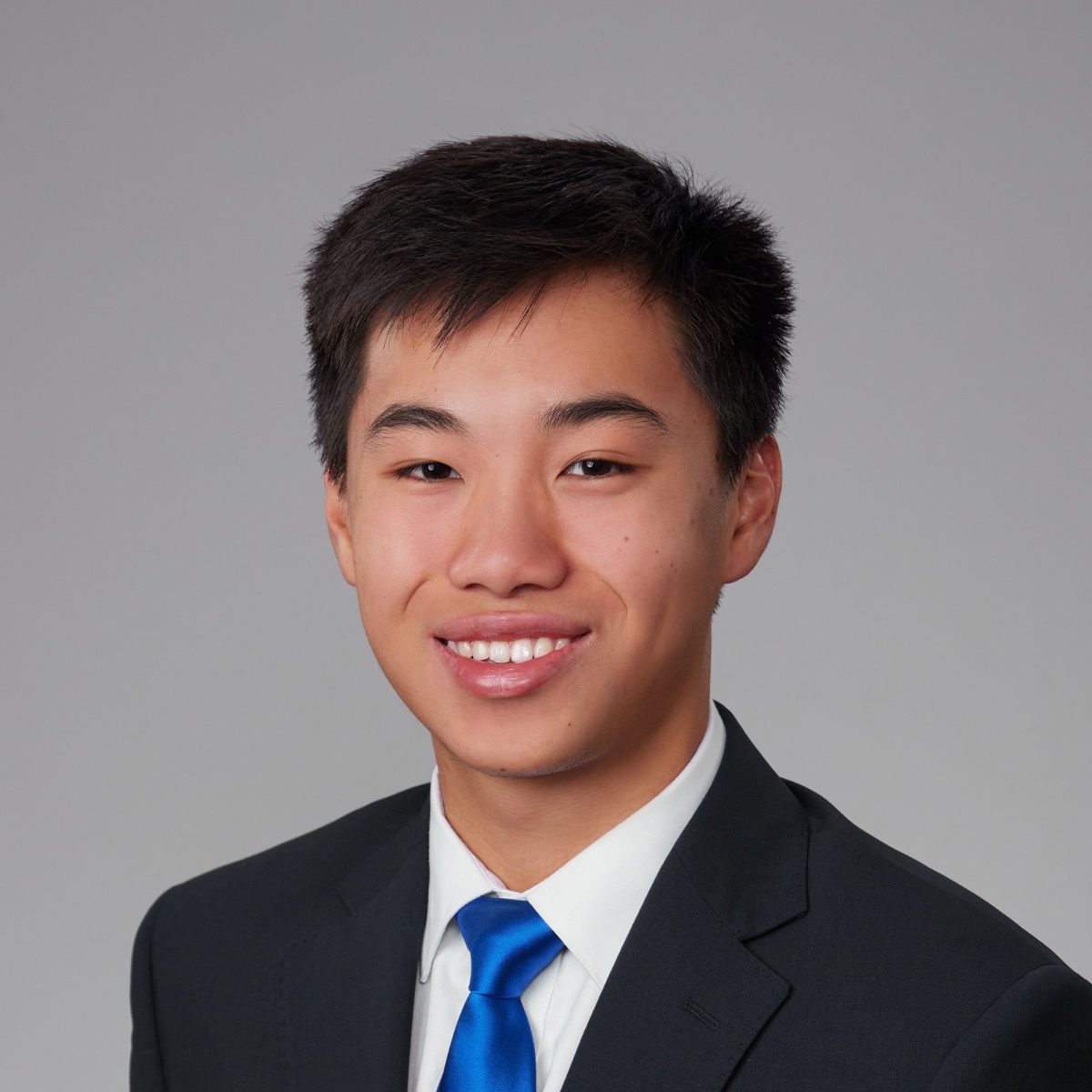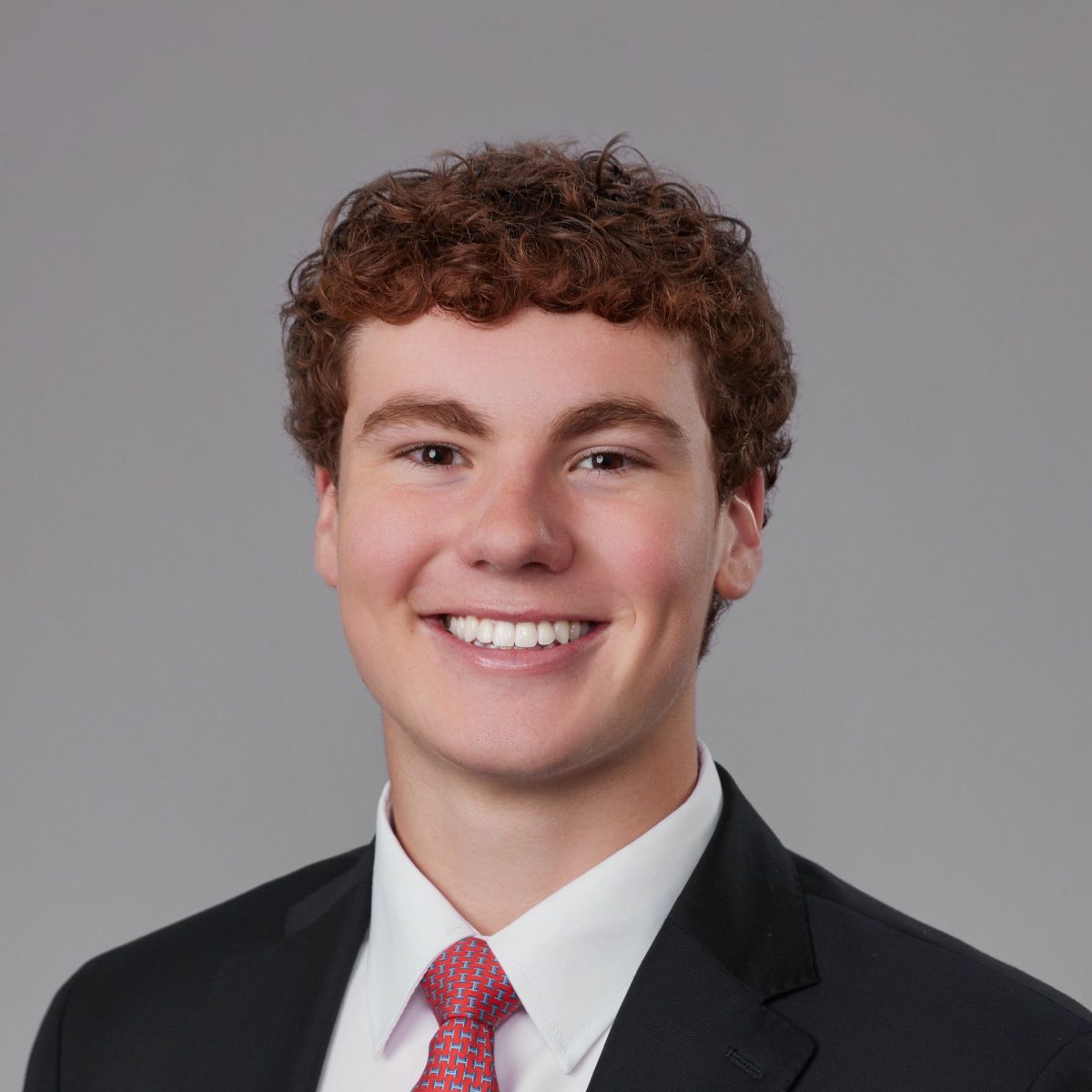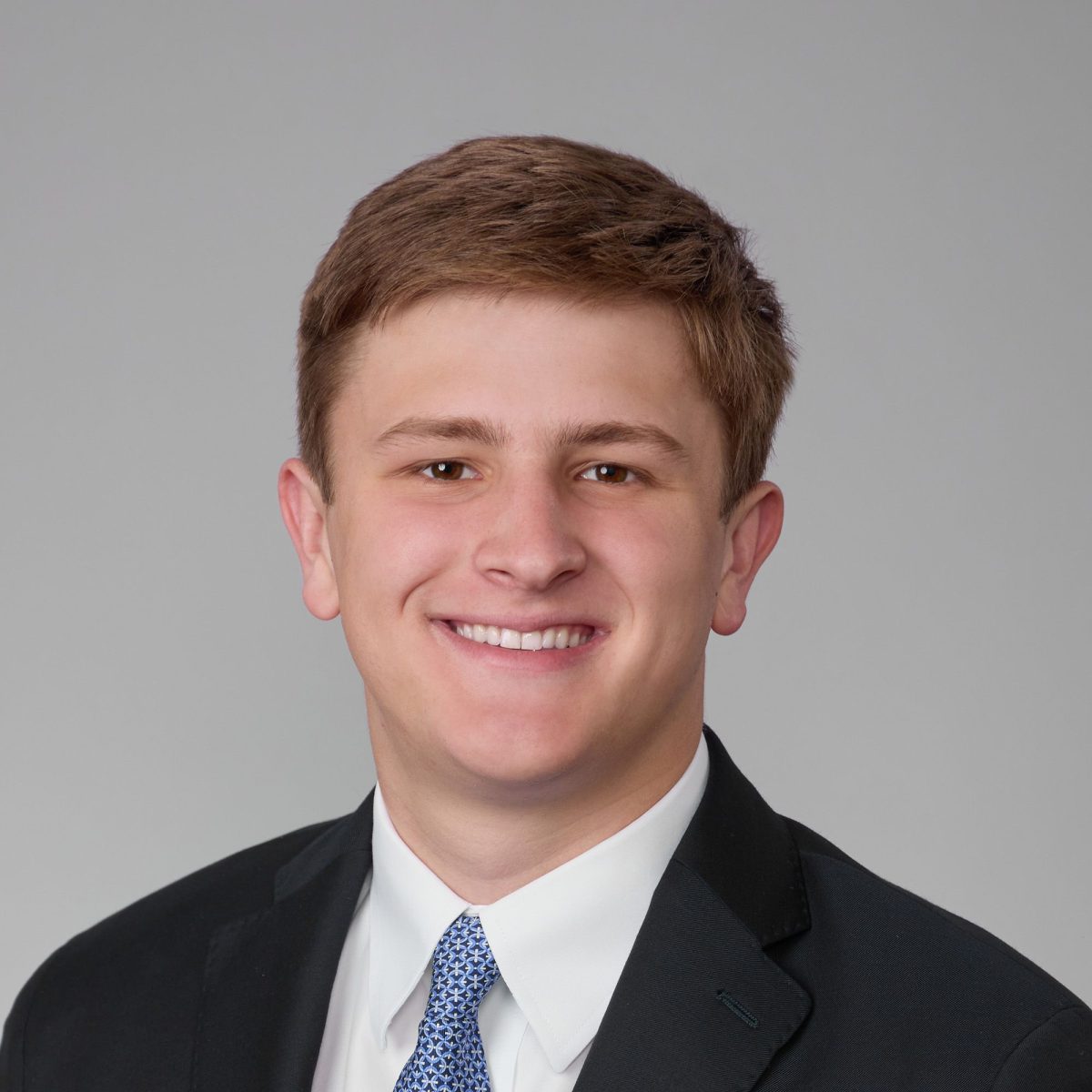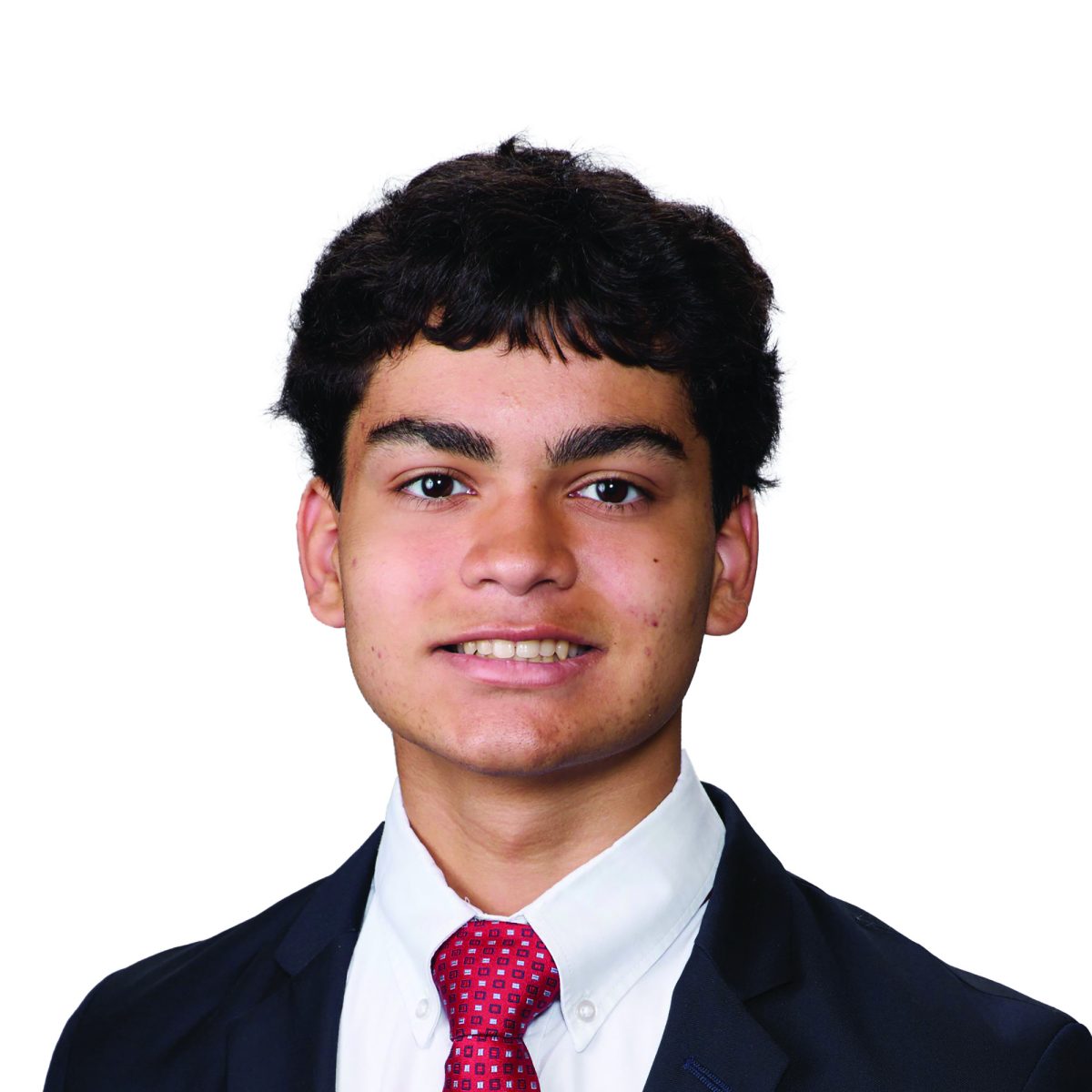In the center of the Quad lies a grand old tree. Its roots extend in all cardinal directions, symbolizing the vast, unique backgrounds of Marksmen, with each root representing a student’s individual journey. It stands tall, and its branches split the sky.
Yet, an unwelcome pruner trims away the potential of the sprawling branches. This pruning, while intended to shape, inadvertently restricts the tree’s natural growth, echoing the limitations placed on students’ explorations and the full bloom of their potential by restrictive course selection standards.
These standards— needed for graduation — restrict students’ ability to choose their own courses. By following the recommended path, students are not able to deviate until their junior year, and even then, their choices are still heavily bound.
This rigid structure, ostensibly designed to streamline the journey towards graduation, paradoxically narrows the intellectual exploration that education is supposed to foster. The essence of learning — curiosity, exploration, and discovery — is curtailed, as students are ushered down a well-trodden path with little opportunity to stray into the woods that lie just beyond the prescribed curriculum.
To pursue a non-required course, students must meticulously plan from their freshman year, ensuring it fits alongside mandatory graduation requirements. To facilitate this, advisory course selection meetings in freshman year should explicitly detail all graduation requirements, ensuring students are fully equipped to plan their academic journeys with foresight and clarity.
A specific point of contention with many students is the mandatory Physical Education (PE) classes during students’ freshmen and sophomore years. For multi-sport athletes this feels particularly misplaced. These students, who already dedicate a significant portion of their time to training and competing, find the PE mandate a misappropriation of their valuable time. Their rigorous training schedules and competitions already surpass the physical activity and educational goals that PE classes aim to achieve, making these mandatory sessions feel more unnecessary than beneficial.
This situation calls for a nuanced approach, one that recognizes the already substantial physical engagement of multi-sport athletes. By reevaluating the necessity of PE classes for these students, the school has the opportunity to support the dedication and discipline it takes to excel in multiple sports. Such a shift would free up athletes’ schedules for academic pursuits or advanced training in their respective sport, ultimately accomplishing the same goal as the stifling requirement.
The scarcity of one-semester courses within the course selection framework further exacerbates the challenges students face, particularly when the few available options do not align with their interests or academic goals. This dearth of offerings means that students, eager to take advantage of the flexibility that one-semester courses provide, are forced into a corner. They find themselves having to choose from a scant assortment, which leads them to enroll in classes that spark little to no interest for them.
Increasing the availability and diversity of one-semester courses, such as adding additional subjects, would provide the much-needed flexibility in the curriculum and allow students to fully branch out and explore their interests.
By implementing these solutions, we can begin to reshape the educational landscape and allow students to naturally grow into their educational journey. Ultimately by allowing Marksmen greater freedom in their course selections, we allow them the ability to assume responsibility and take control of their own education paths.





